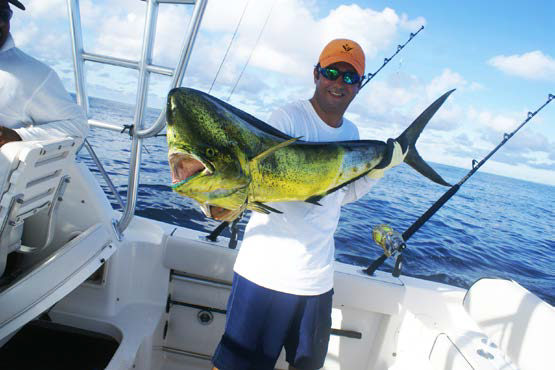As our valued member, we are driven to guide, inform, assist, and protect you. It has been brought to our attention that many members have frequently fallen victim to sale, rental, resale, and other types of scams. We are extremely distraught by this insight and want to encourage you to be proactive when it comes to protecting your private and financial information. Scam artists are experts at what they do, and you may be confused about the legitimacy of the person at the end of the phone line or email. Please read along for a few helpful tips on identifying a scammer.
- Do a Google search of the phone number that is contacting you.
The Google search engine is a powerful tool and an excellent resource for investigating who is contacting you. To demonstrate this, we typed in the phone number for ResortCom (your member servicing company) into the www.google.com search engine, and many results populate that verify the company’s location, images of the current building, business hours, and more. These are all key indicators that the phone number and organization contacting you is legitimate. Often times when you find that no information about a company populates from Google searching, that is a clear sign that they are not an established, or legitimate organization.

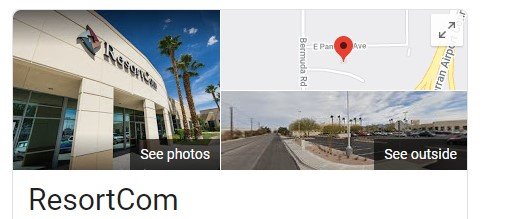
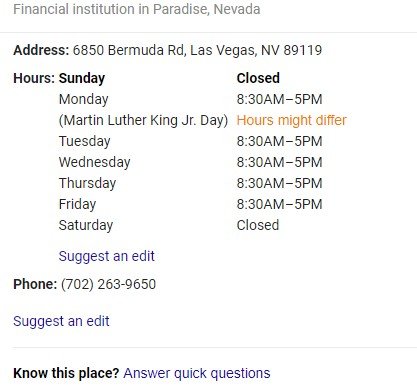
- Use Whois.com
www.whois.com is a fantastic resource to help you confirm if the email address that is contacting is a part of a scam. Whois is an internet domain search company that allows you to run a search of any suspicious domains.
Below we provide you with step by step directions on using www.whois.com.
- Go to: www.whois.com
- As shown below, be sure to select the “WhoIs” tab
- Enter the last portion of the web address (i.e., the domain) into the search section.
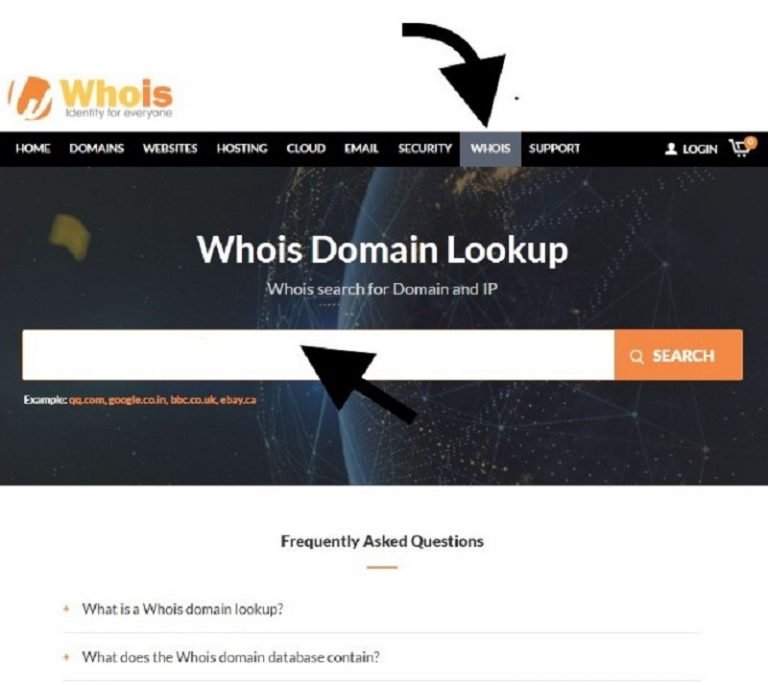
The next screen will show you the details of the domain. The way that you can tell if the domain is part of a scam is by paying attention to the date and the location portion of the screen. A web domain created between 6-24 months or recently from the time that you were contacted is a sign that someone may be trying to scam you.
You will also want to pay attention to the city, state, country, and zip code for the domain located in the “Registrant Contact” portion of the screen, as shown below. This section will tell you where the domain was created. If the domain shows created from another country, then this is a clear sign that a scammer is contacting you.
The example below shows you the details of our legitimate blog.myuvci.com/ website domain. You will notice that our Universal Vacation Club International (UVCI) domain that is highlighted has been in operation since 2011 and was registered in the United States. A website domain is original and cannot be duplicated. Pay very close attention to the website domain of the people emailing you because that is the easiest way to spot a scammer.
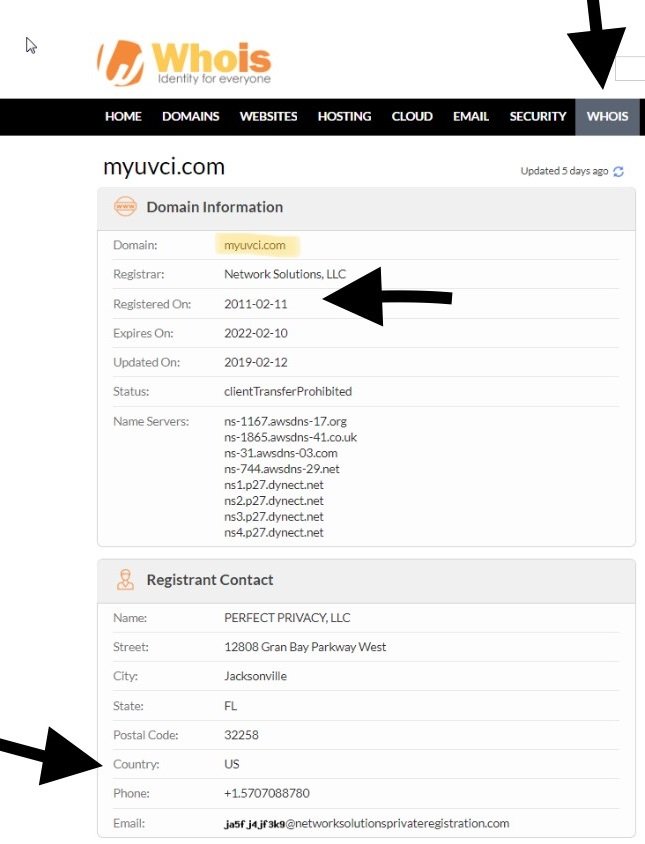
Member Success Stories
Member Stephen G. used our advice and was proactive in protecting himself from falling victim to a scam by thoroughly researching who was contacting him. He gave us this feedback:
I just received a SCAM offer for my timeshare. I know it is a SCAM because the website was created only 7 days ago and there is nothing found in a google search for “Mobile Travel Agents” in Mexico City. The website you go to if you enter: http://www.mtatravel.com.mx is the website for “Mobile Travel Agents AUSTRALIA”! the scammers even stole the MTA logo. DO NOT GET SCAMMED!
Another member named Tim also used our advice to protect himself, and here is what he had to say:
I was contacted last week by https://eliteacquisitionspartners.com/ with an offer to buy. I looked up the domain name through Whois and saw that it was just opened on 10/21/19 and from Panama. Looked and sounded legit, but also too good to be good. Thanks for the heads up and directions for where to look.
Remember, you must always use your intuition, never send money, ask plenty of questions and get as much information as possible so that you can investigate and report the company, and last but not least, be sure to contact us as soon as possible if someone is requesting that you send them money as that is the best way that we can safeguard you and save you from losing your hard-earned money to a criminal.
We hope the detailed information above will assist you in proactively protecting yourself from falling victim to a scam. If you have additional questions, find yourself wondering if a potential scam artist has contacted you, you would like to report a scam, or possible scam attempt, please call us immediately at 1-800-852-4755 to speak with one of our experienced agents.



